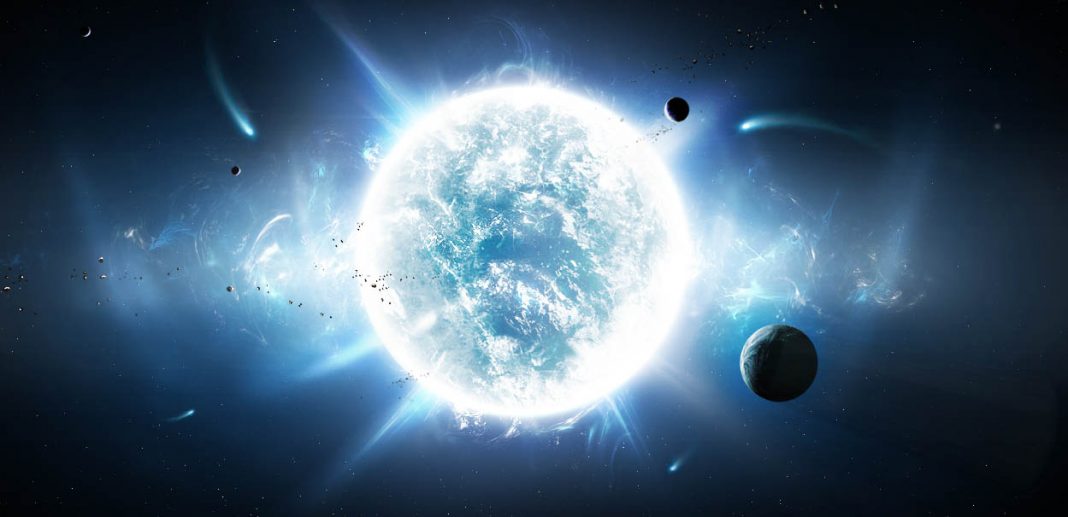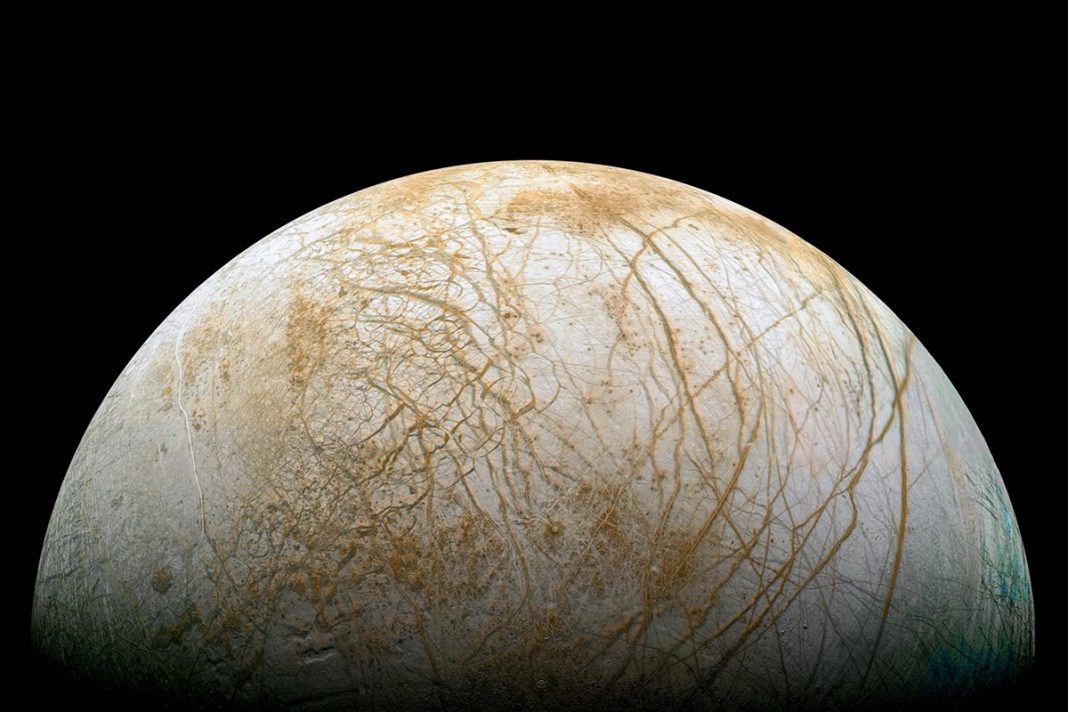Breakthrough Starshot, announced last year, is basically the intention to fire lasers from Earth in an attempt to propel a tiny spacecraft up to our closest neighboring star system, Alpha Centauri. Located at around 4.37 light-years away, Alpha Centauri may be the closest solar system to ours, but astrophysicist Rene Heller from the Max Planck Institute says it may not necessarily be the quickest trip for astronauts to make. Instead, Heller and colleagues suggested visiting Sirius instead.
Sirius is the brightest star in the Earth’s sky and is located around 8.6 light years away, which is almost twice as far as Alpha Centauri, but Heller reckons it will be a much quicker journey. The reason for that lies in how you can propel yourself and slow down again in the proposed spacecraft. Breakthrough Starshot is aiming to reach Alpha Centauri in its mini spacecraft in a journey time of 20 years. The problem with that plan is it that going that fast; it would be impossible to slow down the spacecraft once it had reached its destination.
So, Heller and fellow researchers devised an alternative mission concept that would enable the spacecraft to reach Alpha Centauri and slow down again once it got there and they way in which they did that was through the use of a different kind of vessel. The way this craft would be designed would be to feature a solar sail that allowed it to capture photons from the Sun to ride to Alpha Centauri. Once it arrived at its destination the craft would employ the same technique to slow it back down – the sail would be deployed to capture radiation from the stars meanwhile applying a braking force to the probe.
While it is a neat idea, the slower speeds mean the solar sail would take around 140 years to get into orbit around Proxima Centauri. And compared to the 20 years that Breakthrough Starshot’s proposing, that just isn’t good enough. However, since their first study, Heller and team have revised their hypothesis and are now proposing that an optimized trip could see improved acceleration and deceleration. This could cut the journey time to Alpha Centauri by as much as 20 years, but it also means a trip to Sirius could be made in just 69 years. But, whether this is on the cards is too soon to tell. But, watch this space, as you never know.
More News to Read











